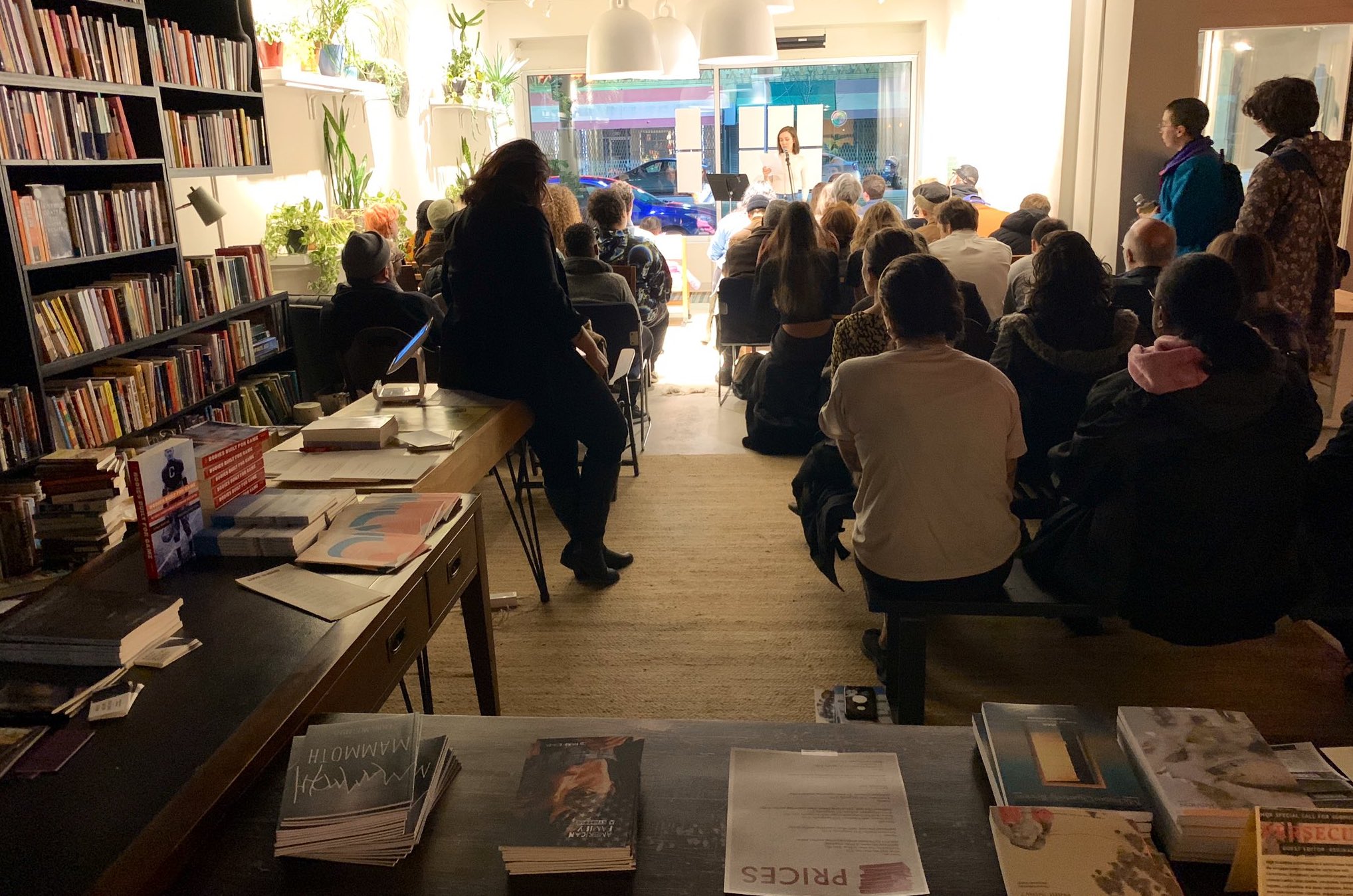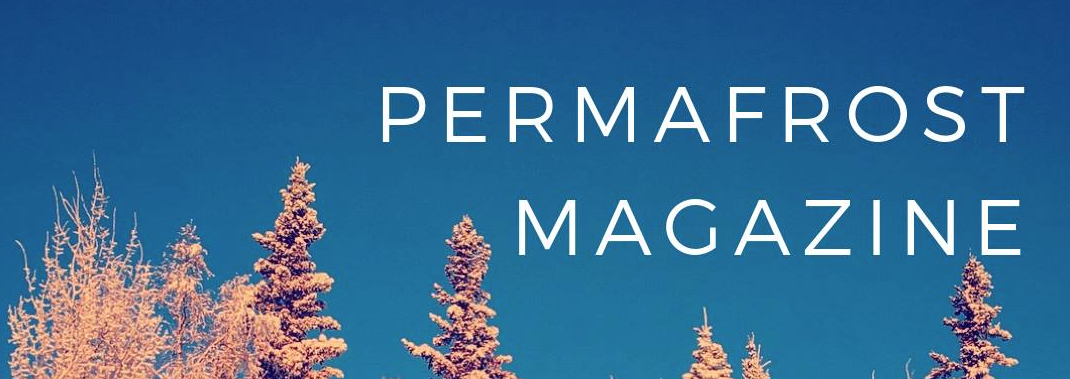It’s been a hard week for many of us who were and are considering attending the Association of Writers & Writing Programs (AWP) conference in San Antonio, Texas. Although the AWP Board of Directors announced its decision to move forward with the conference despite concern about the coronavirus in San Antonio, Poets & Writers has made the difficult decision not to attend, and I will also not be attending. Over a hundred panels and events have been canceled leaving many writers across the country seeking alternatives, leaving it up to us writers to find a way to hold community.
In the past couple days, the literary community on Twitter was left hanging in anxious suspense as we awaited a statement from AWP, and word from one another about individual decisions. In that time frame, #AWPVirtualBookFair was created along with a community Google Doc that lists presses and the discounts they are offering for books that were to be sold at the conference—it’s a digital book fair!
In addition, on Tuesday afternoon, I got word from Tariq Luthun that he is working with Christin Lee at Room Project to put on what is being called “A Very Last-Second Poetry Reading and Tiny Book Fair.” We are calling this an “offsite” AWP reading and it will feature Brittany Rogers, Rachel McKibbens, and many more. The event will be held on Friday, March 6 at 7:00 PM at Room Project. If you are in Detroit, come by!
And if you are traveling to AWP, please be safe and take every precaution.
Justin Rogers is the literary outreach coordinator for Poets & Writers in Detroit. Contact him at Detroit@pw.org or on Twitter, @Detroitpworg.






